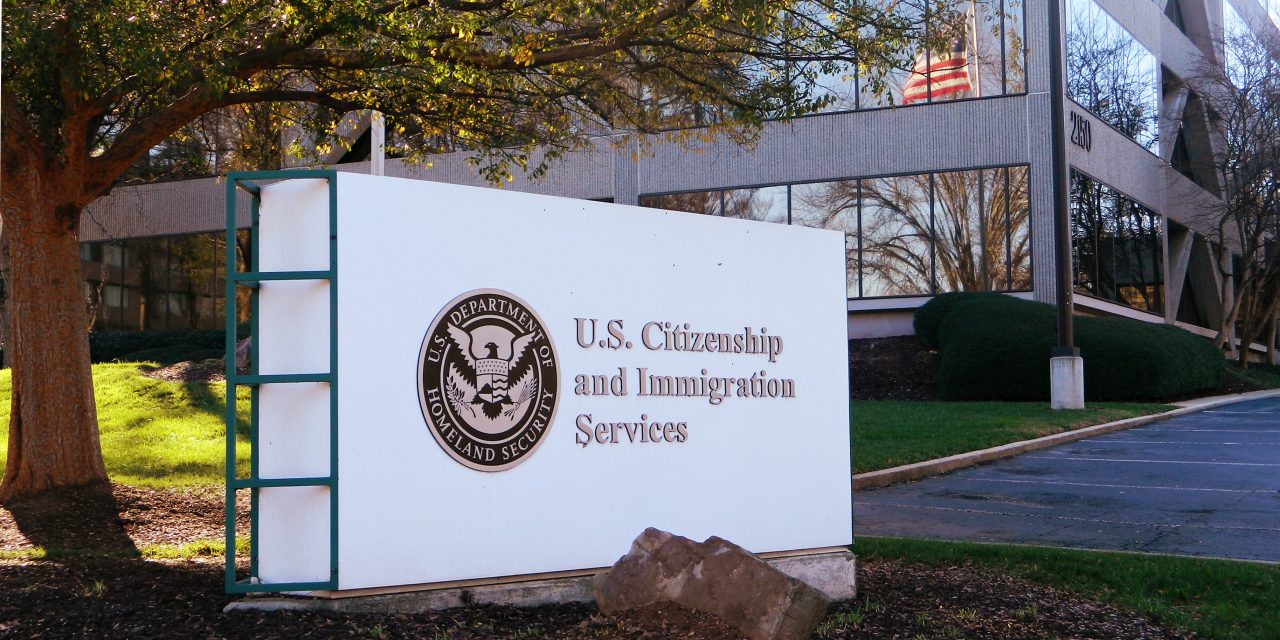U.S. Citizenship and Immigration Services (USCIS) recently released more details about its plan to close its international offices. In an August 9 memorandum, USCIS clarified that all but seven of its 23 international offices will be shuttered within the next year.
USCIS’s International Operations Division has a diverse mission, encompassing everything from processing urgent humanitarian petitions to reuniting families.
Previously, USCIS had planned to close all of its international offices. The seven offices that will remain after the new announcement are in Beijing, China; Guangzhou, China; Nairobi, Kenya; New Delhi, India; Guatemala City, Guatemala; San Salvador, El Salvador; and Mexico City, Mexico. The sixteen remaining offices will be closed and their functions transferred to consulates or domestic USCIS centers by August 2020.
U.S. citizens seeking to adopt abroad and U.S. military members seeking to naturalize their foreign spouses or other family will feel the loss of the international offices especially keenly.
Refugees and their family members also benefit greatly from USCIS’s international presence and will be affected by the closures. For example, refugees already in the United States can request that USCIS allow family members to join them. This can be especially important when those family members are still in danger in their countries of origin.
In countries where USCIS has an international presence, the agency handles these requests for refugee family members reasonably quickly. But in countries that do not have USCIS offices, the Department of State processes the applications. Their decisions on these applications can sometimes take years.
Similar problems could occur in countries where USCIS is closing its offices. While it is heartening that USCIS will maintain a presence in some countries—like El Salvador and Guatemala, where many people are fleeing from persecution—refugees in the Middle East will no longer be able to turn to nearby USCIS international offices for help.
USCIS says the closures are necessary to “allow more effective allocation of USCIS resources to support, in part, backlog reduction efforts.”
The backlogs in processing immigration benefits have grown to historic heights, with delayed applications and petitions now tallying over 5 million. It is unclear, however, why USCIS’s retreat from the world is necessary to address this.
Much of the recent rise in backlogs has been self-inflicted by the Trump administration. For example, USCIS recently dramatically increased in-person interview requirements for renewals of employment-based applications and refugee family member applications.
This and other elements of “enhanced vetting” have increased the time USCIS spends on each individual petition and contributed to the increased backlog, as their leadership acknowledged in a July 16 hearing before the House of Representatives’ Judiciary Committee.
It is regrettable that USCIS officers playing an important role abroad are being brought back to the United States to conduct unnecessary and burdensome interviews.
Photo by
FILED UNDER: USCIS


